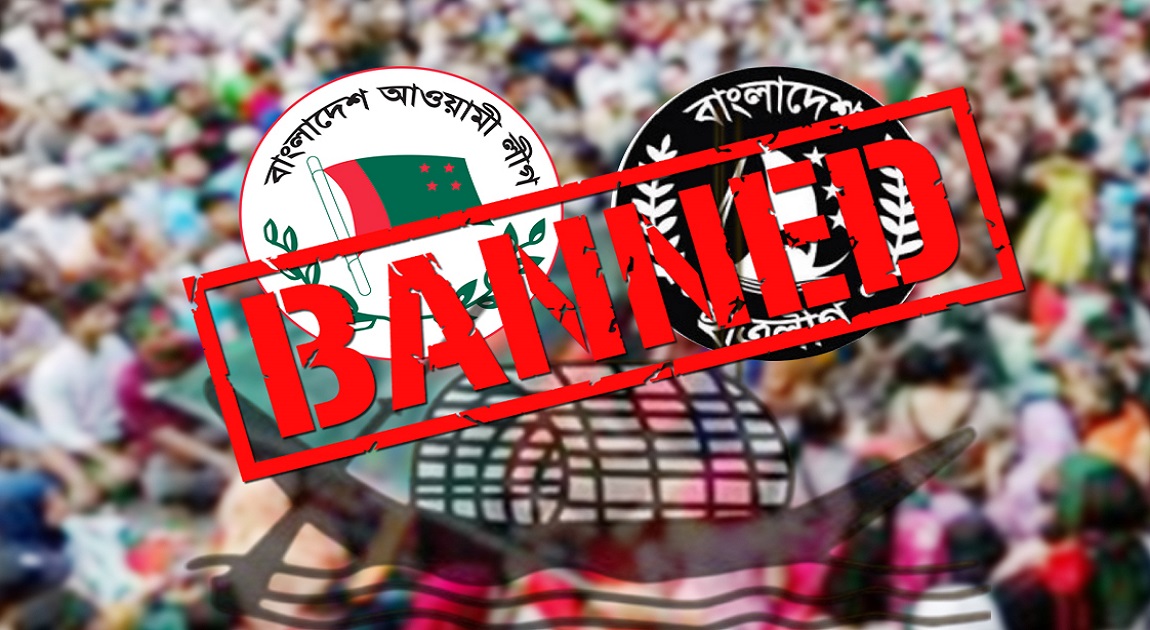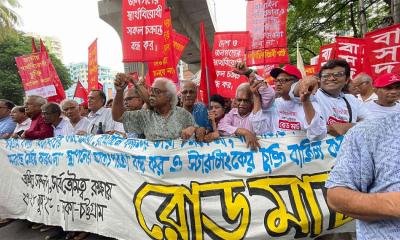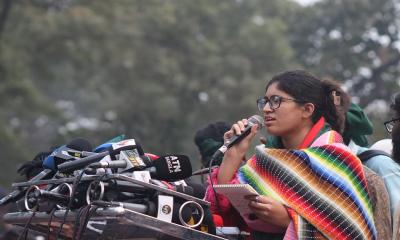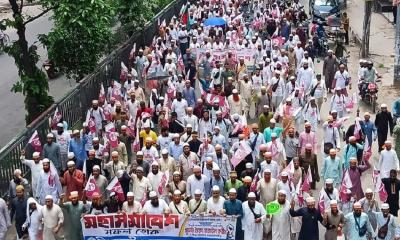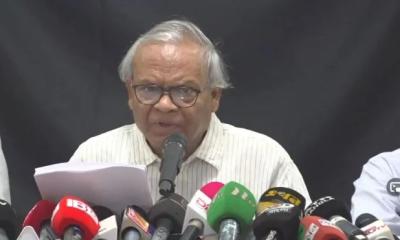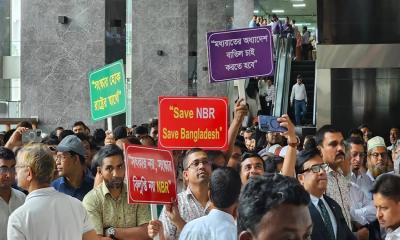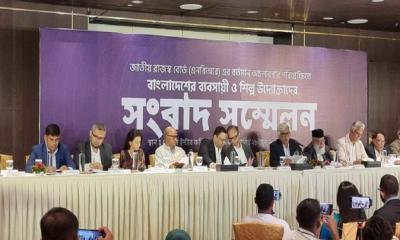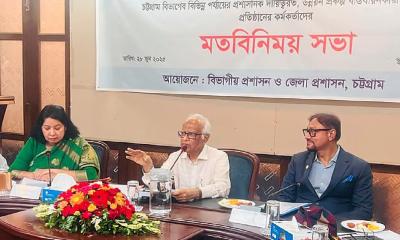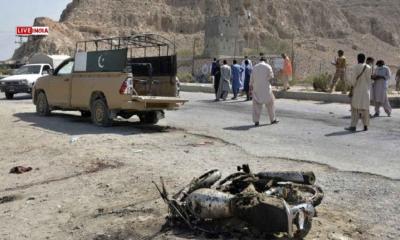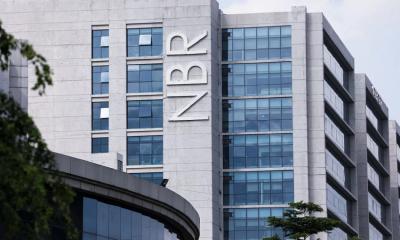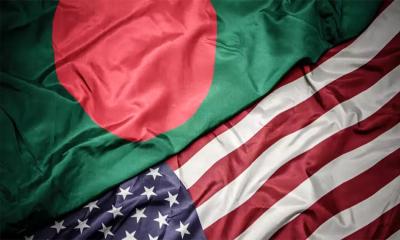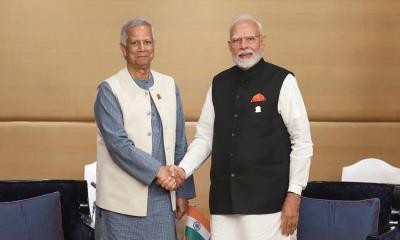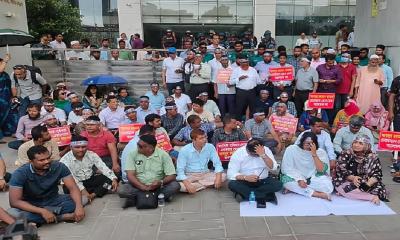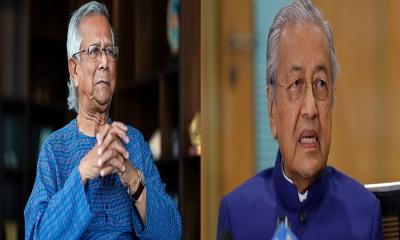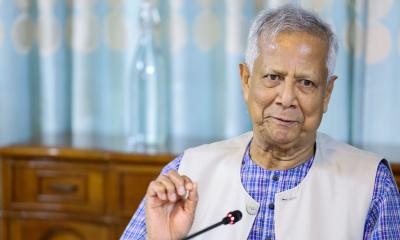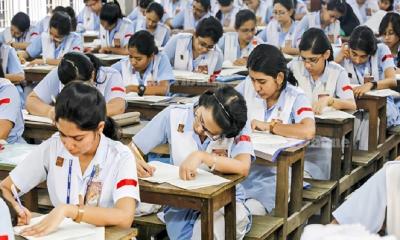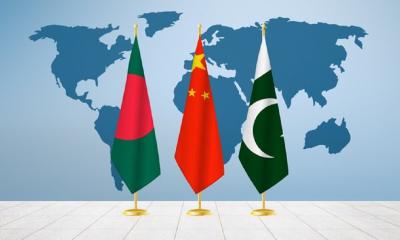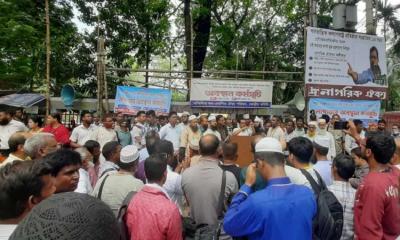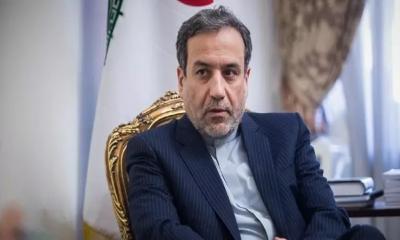As Bangladesh navigates a delicate political transition under the interim government led by Nobel laureate Muhammad Yunus, The Economist has issued a strong warning against the recent decision to ban the Awami League, calling it a move that could derail the country’s democratic renewal.
In a recent analysis, the magazine revisits the dramatic events of August 2024, when a student-led uprising ended Sheikh Hasina’s 15-year rule, ushering in what many termed Bangladesh’s “second liberation.” The newly formed caretaker government pledged to rebuild democratic institutions, stabilize the economy, and hold free elections by early 2026.
However, The Economist cautions that the country’s progress remains fragile. The new administration inherited a “poisoned chalice,” marked by widespread corruption, economic mismanagement, and a deeply disillusioned public. Youth unemployment remains close to 20%.
Despite some early achievements—such as announcing an election roadmap for February 2026, controlling inflation, and securing international loans—the magazine notes that recent policy decisions risk undermining these gains.
In particular, the publication raises concerns over shifting foreign alliances. Bangladesh’s growing ties with China—motivated by access to low-cost arms and investment—could damage its relationship with the United States, the country’s top export destination and donor. At the same time, improved relations with Pakistan have provoked India, leading to the suspension of trade agreements and potential threats to critical river-sharing deals.
Controversial Ban on Awami League
The most serious concern, however, centers on the government’s decision to ban the Awami League from contesting the 2026 elections.
On May 10, the interim administration officially outlawed the party under the Anti-Terrorism Act, citing its alleged role in violent crackdowns during the 2024 protests—incidents that reportedly left up to 800 people dead. The Awami League’s student wing, Bangladesh Chhatra League, had earlier been banned in October 2024 and designated a terrorist organization for its role in those attacks.
Authorities say the ban will remain in effect until ongoing judicial proceedings against the party and its top leadership are resolved. The sweeping ban also prevents the party from fielding candidates while its leaders face corruption trials.
But The Economist argues that this legal move is “highly questionable” and reminiscent of the political manipulation that has long plagued Bangladeshi democracy. The magazine warns that banning a major political force could reignite a cycle of revenge politics, in which ruling regimes use state machinery to suppress opposition.
Need for Inclusion and Reconciliation
While acknowledging public frustration with Sheikh Hasina’s government, The Economist stresses that “not every Awami League supporter is tainted.” The party still commands support from minorities and reform-oriented citizens. Disenfranchising these voters, the magazine argues, undermines the legitimacy of any upcoming election.
It also emphasizes that in a truly free and fair election, a weakened Awami League would likely lose—but its presence in parliament would ensure a more balanced political landscape and enhance accountability.
“Building a new Bangladesh requires reconciliation, not revenge,” the magazine declares.
A Call for Democratic Pluralism
The article concludes with a strong recommendation: lift the ban and allow the Awami League to participate in the next election, albeit under strict oversight. This, it says, would demonstrate the caretaker government`s commitment to democratic values and offer a path toward lasting national unity.
“Bangladeshi voters deserve the right to choose whomever they like,” The Economist asserts. A truly inclusive, competitive election involving all major parties is the best way to transform the revolutionary spirit of 2024 into sustained democratic progress.
At this critical juncture, The Economist’s message is unequivocal: banning the Awami League is not just a legal and political misstep—it’s a threat to Bangladesh’s democratic future.


